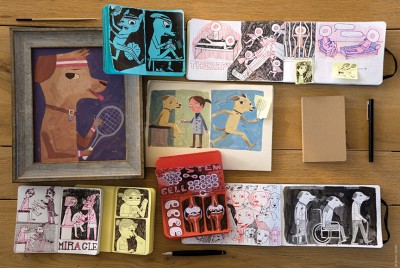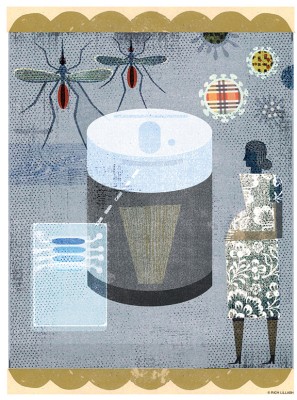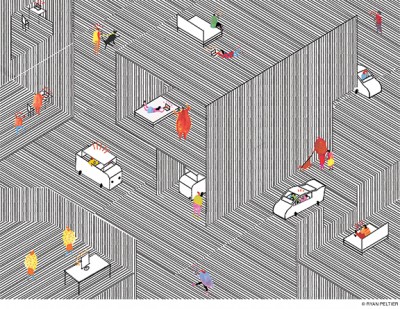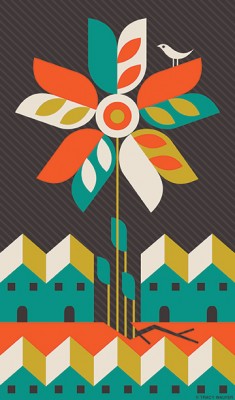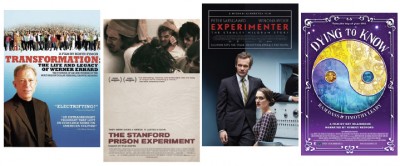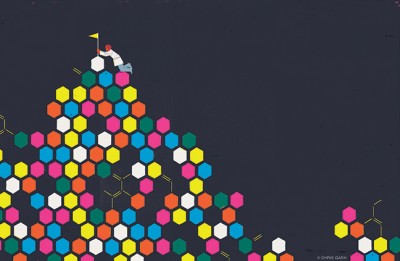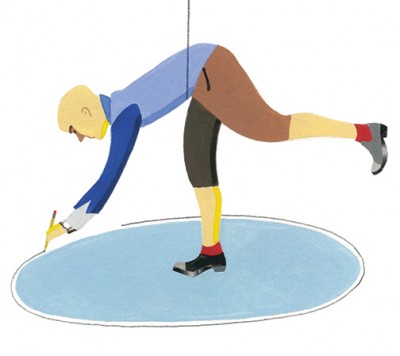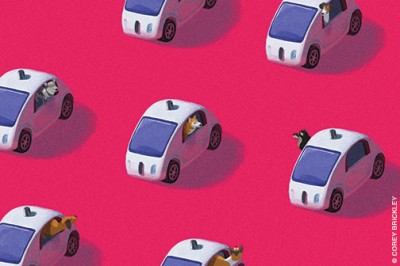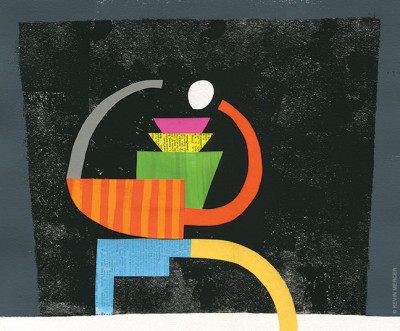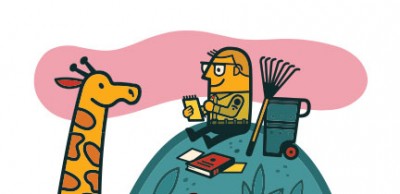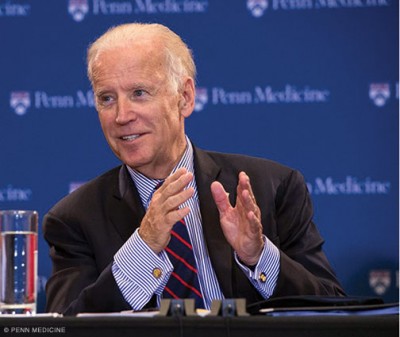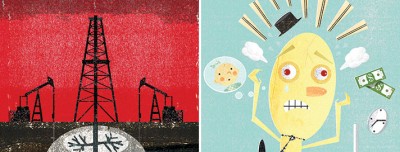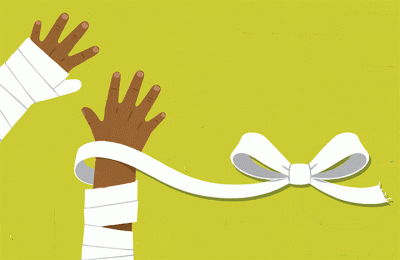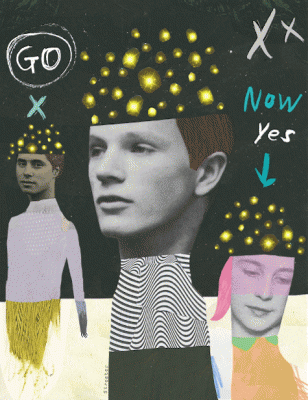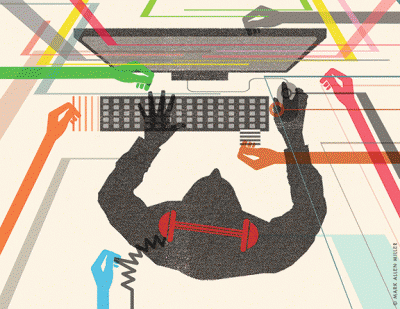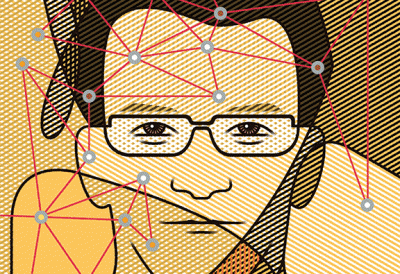Flagship for Penn’s Other Campus
Pennovation Center opening: fabricating the future.
Chasing Miracles
The author wanted to know why the stem-cell treatments that worked so well for her hobbled dog aren’t being used to put the spring back in humans’ steps. Researchers at Penn’s Institute for Regenerative Medicine explained—and shared some of their own, measured, progress toward successful therapies.
A $2 Genetic Test for Zika
Penn researchers develop a $2 genetic test for Zika virus.
Sex, Suicide, and Snapchat: Adolescent Health in the Digital Age
Parents wrong again: APPC study shows social media mostly OK for kids.
Health and the City
Can techniques to measure health outcomes help community planning?
Bioethics Goes to the Movies
First Bioethics Film Festival focuses on “authority and rebellion.”
The New Biology
From matchbook-sized models of living human organs to the surprising alternative-energy implications of symbiotic giant clams, the work of three new faculty members represents the changing face of bioscience at Penn.
Imagination Man
Scott Barry Kaufman has been called “the leading empirical creativity researcher of his generation.” Now he wants to use the tools he’s developed to unleash the “quiet potential” of vulnerable people—including kids like him—and help them flourish.
Driverless Cars: the City’s Savior, or its Doom?
IUR panel debates ETA for driverless cars.
New Center for Personalized Immunotherapies
Unveiled: Penn-Novartis Center for Advanced Cellular Therapeutics.
How To Change Your Mind
“Enlightenment is for anyone.”
“Historic Philadelphia,” Rethought
Historic preservation studio challenges neighborhood assumptions.
Y-Prize Gets Beery
Y-Prize winners get $10,000 in beer money.
An Ethnographer Among the Hyenas
Q&A on sociologist David Grazian’s American Zoo.
Cancer Moonshot Launched by Mission Control
Biden’s cancer “moonshot” lifts off at Penn.
WetLand
Learning lab on the river.
Findings
Research findings, Jan|Feb 2016
Our Labs, Our Health?
In Risky Medicine, History and Sociology of Science Professor Robert Aronowitz argues that today’s fixation on diagnosing and managing risk factors rather than treating diseases leads to anxiety and stress, over-diagnosis of conditions and overuse of drugs, and radical treatments that are unnecessary or harmful.
The Gift
When a Penn-CHOP team performed the world’s first double hand transplant on a child last summer, the landmark operation generated headlines around the world and young Zion Harvey became a YouTube star. But there’s a lot more to the story.
Extreme Makeover: Debate Edition
No argument: Presidential debates need fixing.
Want to Quit Smoking? Care to Make It Interesting?
Is gambling on quitting smoking a smart bet?
Plastic Fantastic
Penn Medicine’s Frances E. Jensen is a leader in studying how the brain develops and what that means for learning, behavior, and the treatment of disease at different ages. For her book on the teenage brain, she drew on the latest neuroscience findings—and the experiment going on in her own home.
Heart Palpitations? Beware of Dr. Google
Risk factor: health-related websites track and share search data.
Pure to Applied
Unconventional mathematician Robert Ghrist is using one of mathematics’ most abstract disciplines—algebraic topology—to solve real-world problems in robotics and sensor networks.


